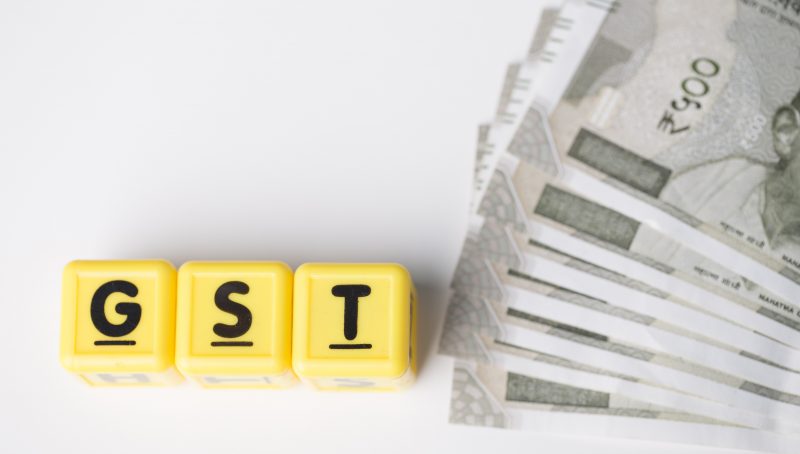The second National GST Conference was held on January 7, 2020, chaired by the Union Revenue Secretary Dr Ajay Bhushan Pandey. The GST Council Secretariat published a press release on January 7, 2020, just after the conclusion of the conference.
The press release is available on the GST Council website. It lists down the agenda as well as the measures agreed upon by the members of the conference. The primary agenda was to brainstorm upon the ways to streamline Goods and Services Tax (GST) and counter the GST revenue leakage. The day-long meet was held at Vigyan Bhavan in New Delhi.
The second conference was joined by the tax administrators of all the states and Union Territories. It also had representatives from various authorities such as Central Board of Direct Taxes (CBDT), Central Board of Indirect Taxes (CBIC), Financial Intelligence Unit (FIU), Department of Revenue (DoR) and Directorate General of GST Intelligence (DGGI).
Several officers representing various tax administrations across India shared novel cases of tax frauds unearthed by their teams. Additionally, they discussed the methods of keeping a check on the flow of fake input tax credit (ITC) in the GST system. In turn, the GST Council could gather some of the best practices for curbing tax evasion. The meeting signifies profound cohesion among different authorities in the nation’s tax system and points at the high intent of the panel to bring uniformity among those authorities.
Also Read: States call on centre for real-time data access of GST returns, e-way bills
Thus, the second GST conference concluded with a nine-point action plan to counter the tax evasion menace as follows:
(a) The GST Committee will be formed to quickly redress the issue of fraudulent refund claims on account of the inverted tax structure refund claims. The committee will release a standard operating procedure for officers by the end of January 2020.
(b) All foreign exchange remittances shall be linked with the IGST refund system, especially for new exporters.
(c) The income tax department and CBIC shall work hand-in-hand to conduct further investigations of cases identified by each other. Some of these include invalid input tax credits, frauds about imports or exports and refunds thereof.
(d) More frequent exchange of information about return filing and refund sanctions will be done among the tax management systems under GST and income tax such as GSTN, CBDT and CBIC. A memorandum of understanding shall be signed among these authorities for the data exchange via API.
(e) The banking transactions and account details of taxpayers will be accessed by the GST systems, in consultation with the regulatory authorities such as RBI and NPCI. Also, the feasibility of FIU in providing real-time banking data access to GSTN at a PAN-level will be thought through.
(f) Data profiling of fraudulent taxpayers will be jointly carried out by CBIC and CBDT.
(g) A decision was made to have only a single bank account linked to the foreign remittance receipt and refund disbursement.
(h) A self-assessment declaration will be incorporated in all the GST return forms via suitable amendments.
(i) Thorough verification of the unmatched input tax credit availed by taxpayers in GSTR-3B will be carried out by the GST authorities.
The plan suggests the importance of filing accurate GST returns by all taxpayers. The deadline for annual GSTR-9 filing is not far away. After that, the GST authorities will become more vigilant in cracking down cases, notably where the input tax credit is availed in GSTR-3B but not found in GSTR-2A. The first National GST Conference was held on 25 November 2019 at New Delhi under the same chairmanship. It had deliberated upon the revenue augmentation and identify reasons for revenue leakage.
The National GST Conference has been initiated only recently in 2019. The primary goal is to strengthen the GST administration and ensure that a quality process is in place for a better adjudication of GST cases.
For any clarifications/feedback on the topic, please contact the writer at annapoorna.m@cleartax.in
Annapoorna, popularly known as Anna, is an aspiring Chartered Accountant with a flair for GST. She spends most of her day Singing hymns to the tune of jee-es-tee! Well, not most of her day, just now and then.





